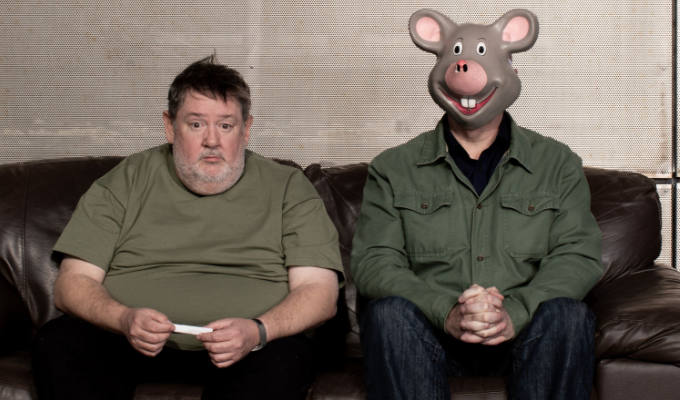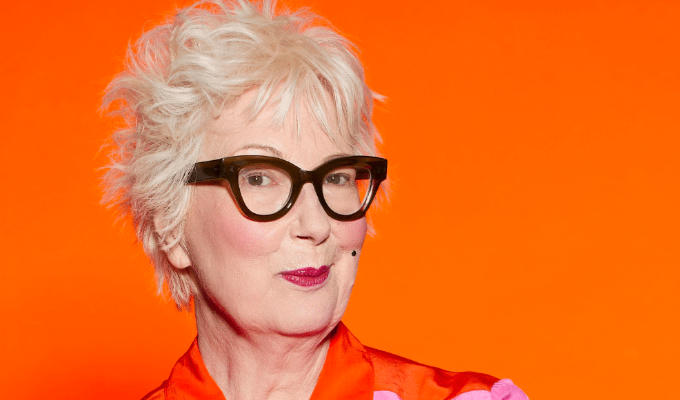Festival under threat
Comedy stars offer support
The biggest outlet for live comedy in Northern Ireland is under threat after the government slashed its financial support.Public funding for the Belfast Festival at Queen's has been cut by a third over the past three years - and organisers say it will have to be axed unless the handout is increased.
In its 44-year-history the 16-day event, the biggest arts festival in Ireland, has played host to the likes of Billy Connolly, Dylan Moran, Harry Hill, Eddie Izzard, Graham Norton, Ross Noble and Jimmy Carr.
A new camapign to save the festival was launched yesterday, with another former visitor, Michael Palin, pleading for help. The aim is to secure the event's future by the end of the month.
'My appearances at the Belfast Festival in the Eighties and early Nineties were invaluable experiences for me,' he said. 'The sheer buzz of the festival was something I never encountered anywhere else. Despite its appealing feeling of intimacy, one was only a short walk from intriguing, exciting, often challenging work from all over the world.
'Belfast Festival at Queen's has enormous respect from so many performers that I can't imagine being without it. In an increasingly formulaic world, it was a place to learn, to try out new material and enjoy great audiences and great company. Few festivals ever got it as right as Belfast.'
And Harry Hill said Belfast was 'the best festival we've ever attended'.
Since the government cut funding from £444,000 to £315,000, the festival has continued only with the support of Queen's University, which hosts it.
But now the university says its funding will also be withdrawn unless the government increases its contribution over the next three to five years.
A spokesman said: 'It is no secret that Belfast Festival at Queen's is facing significant financial problems due to underinvestment from the public sector.
'Without support from other partners, the university cannot continue to fund deficits. The university hopes that the 2006 festival will not be the last but it will be unless additional funding ensures its sustainability.'
Last year’s festival, which attracted audiences totalling 100,000 people, made a loss of around £150,000 – but organisers claim it made a £6.5million contribution to the region's economy.
Published: 13 Jan 2007






